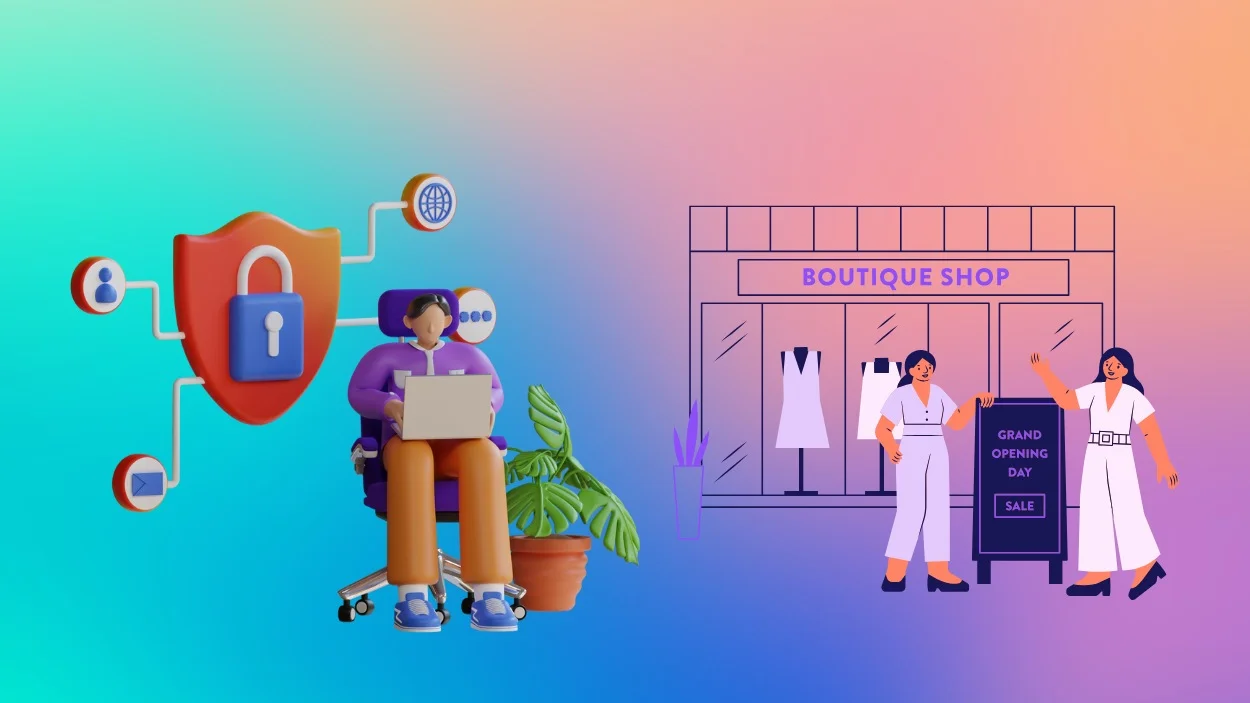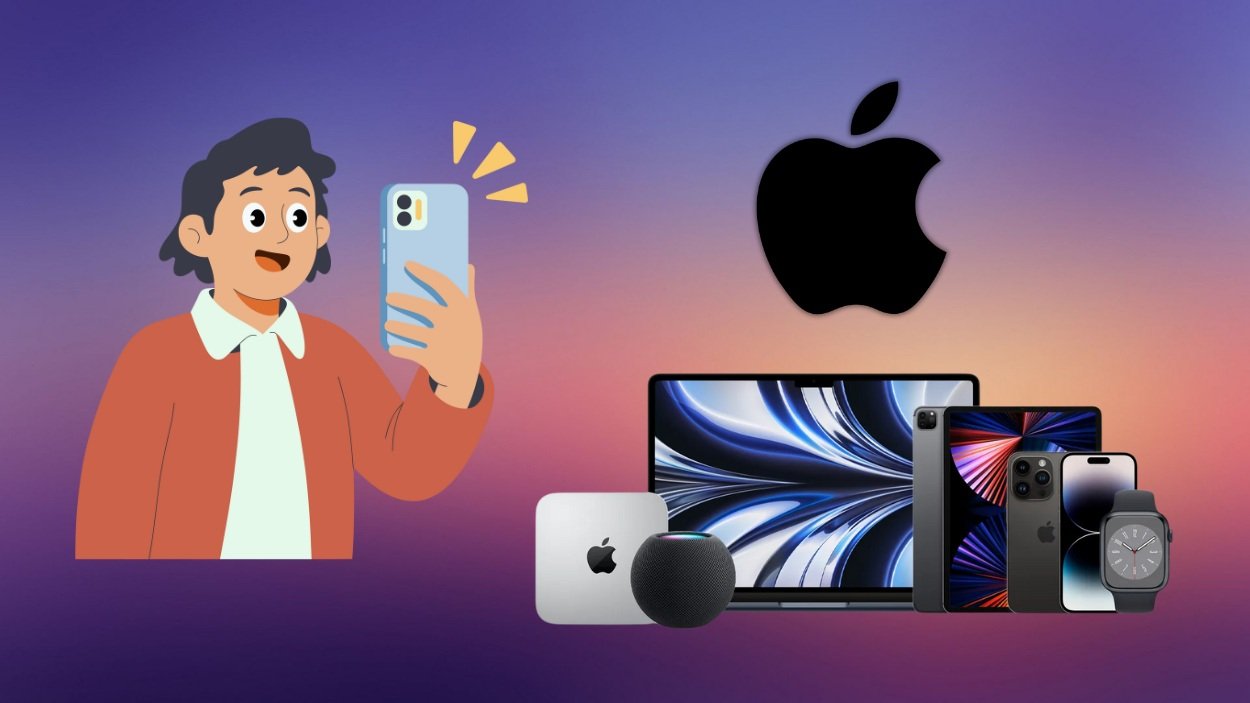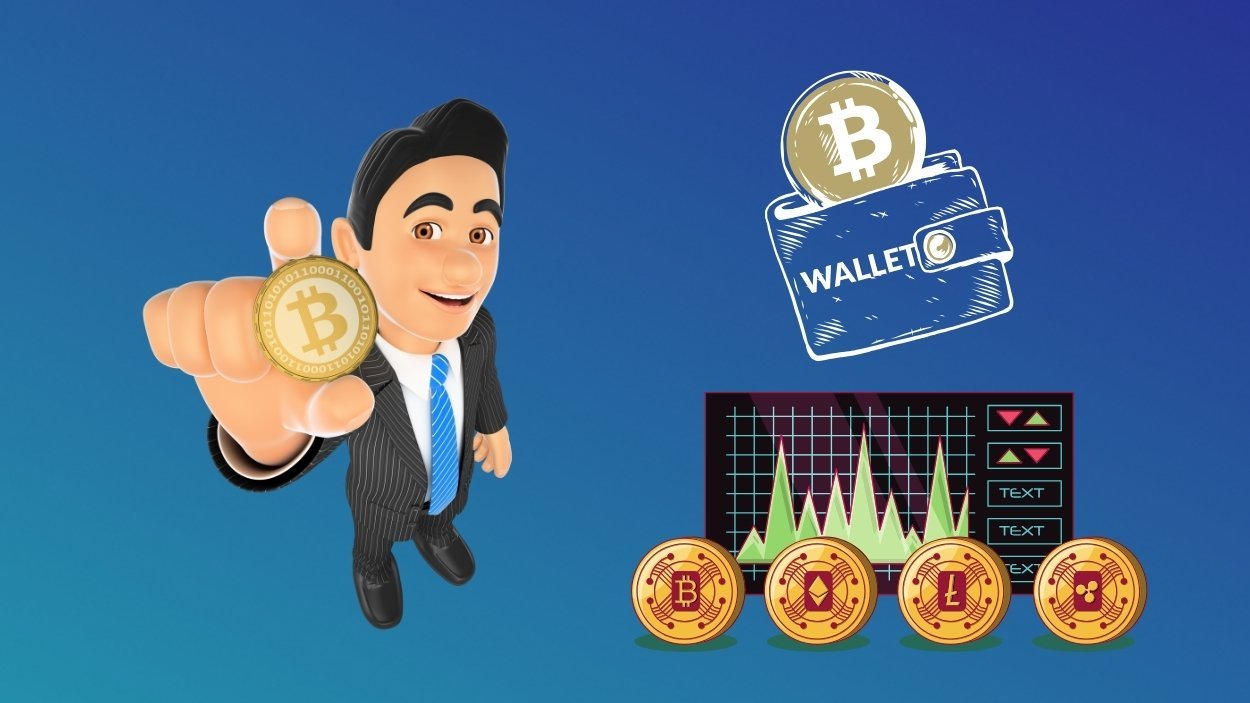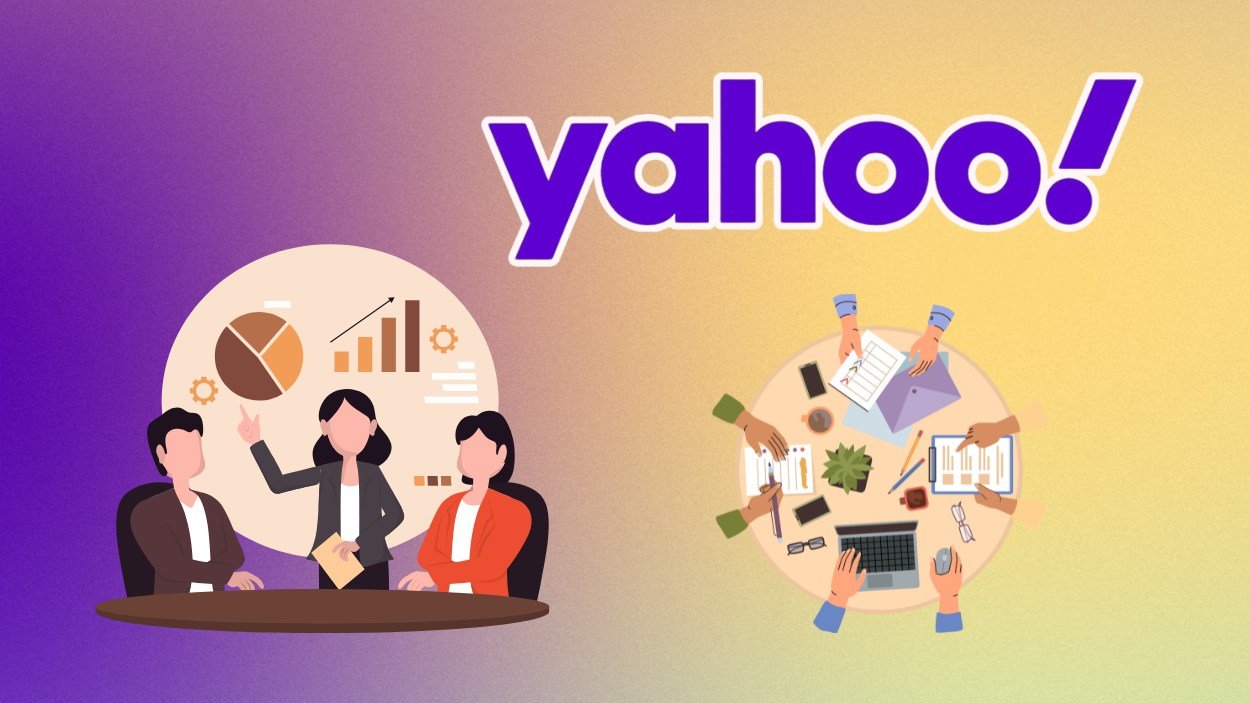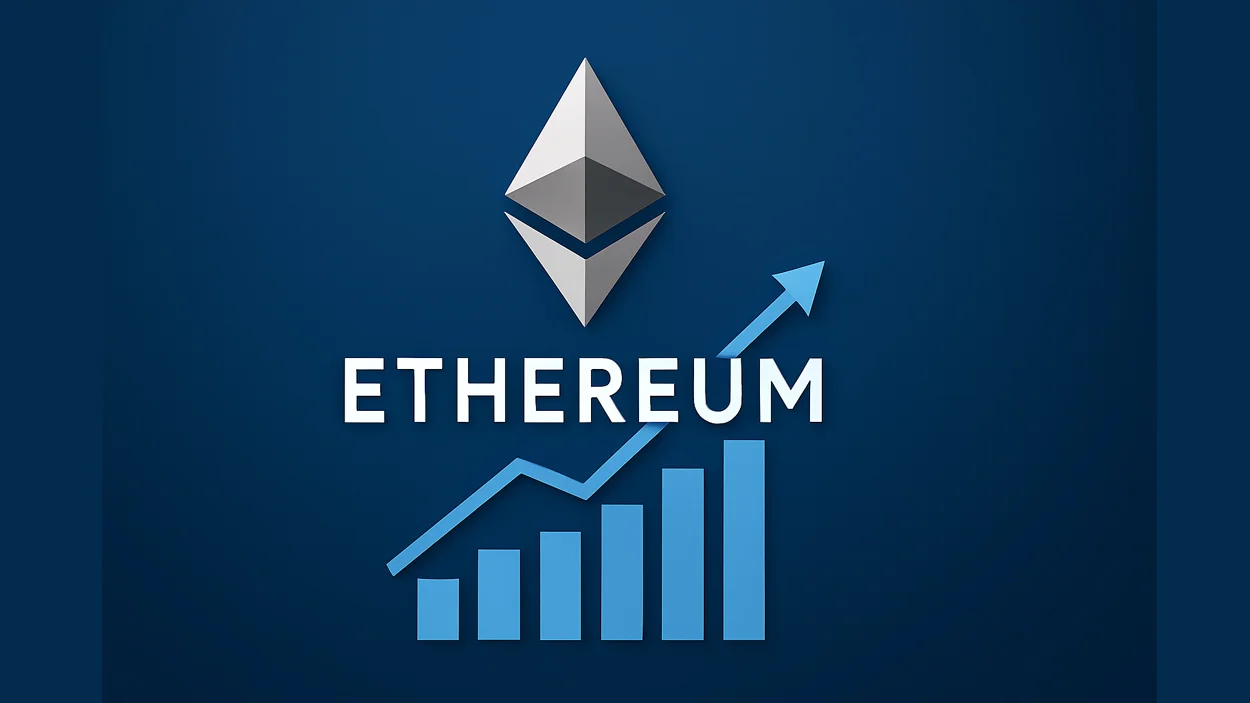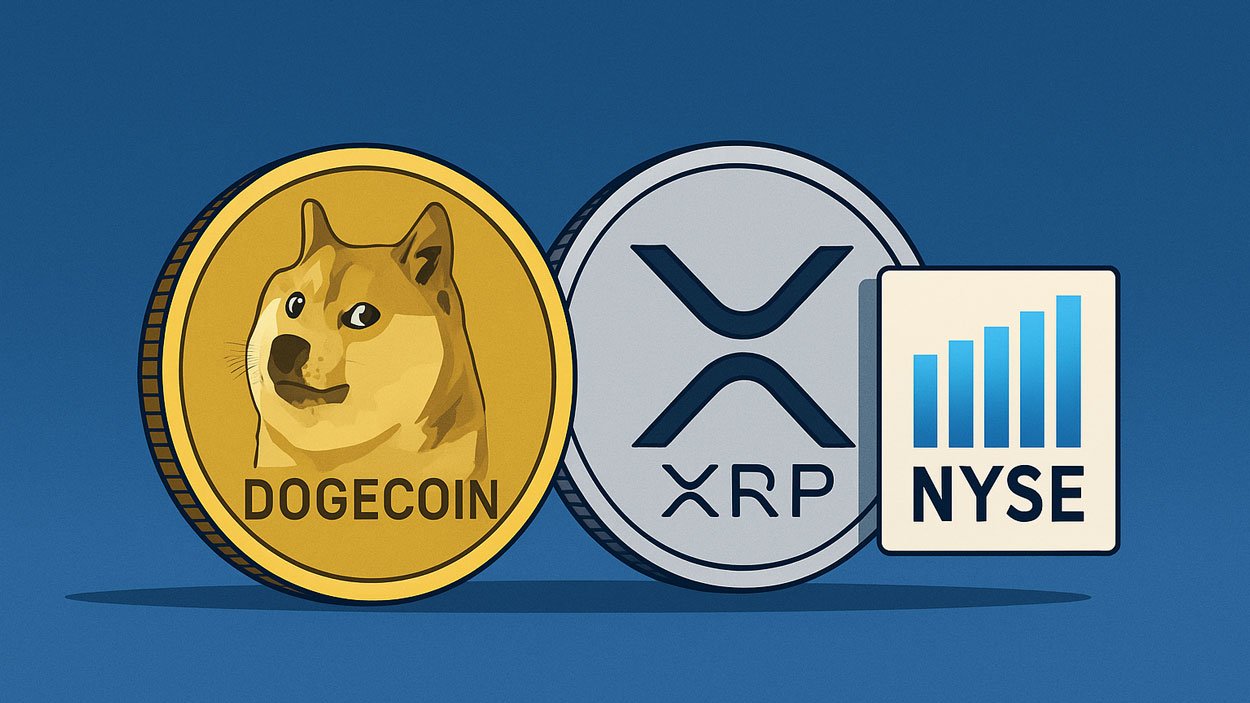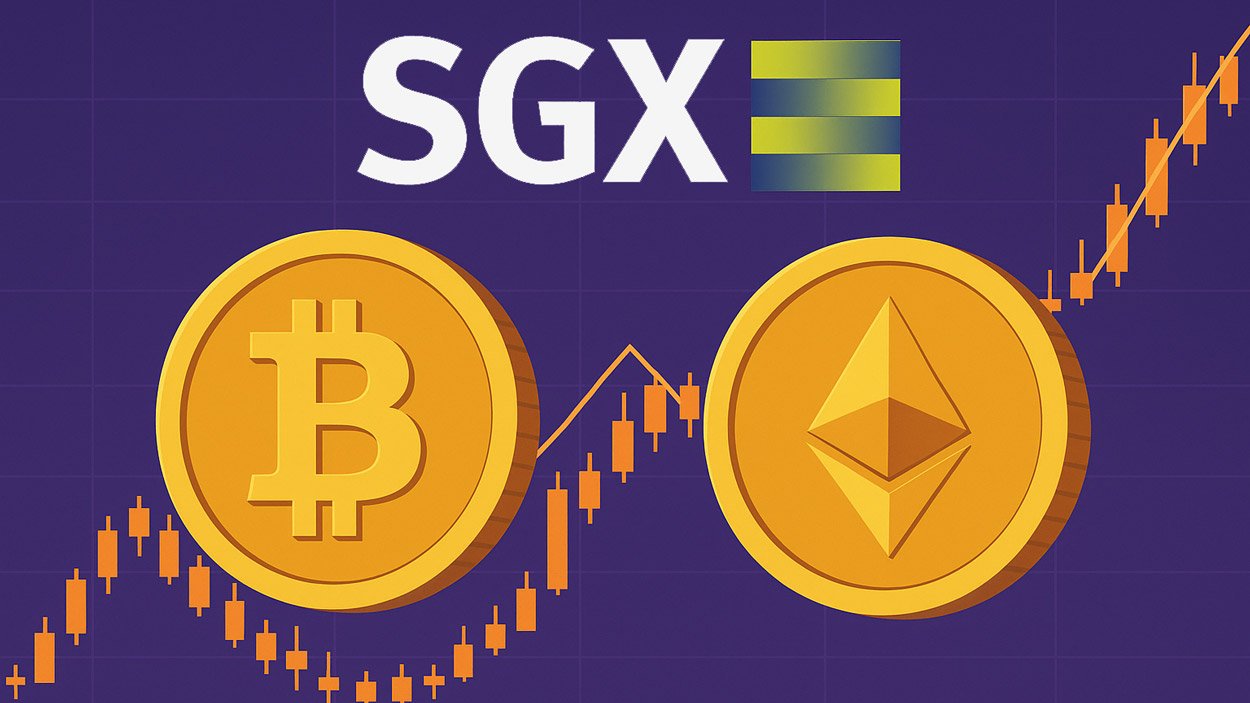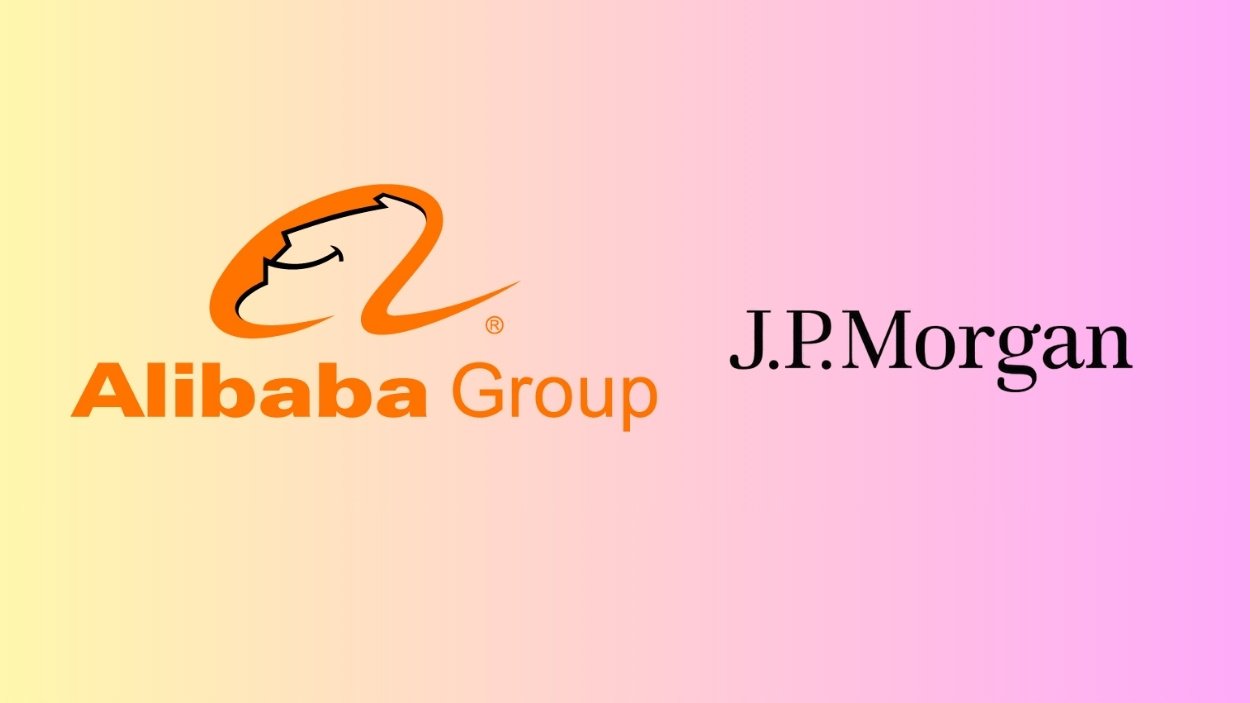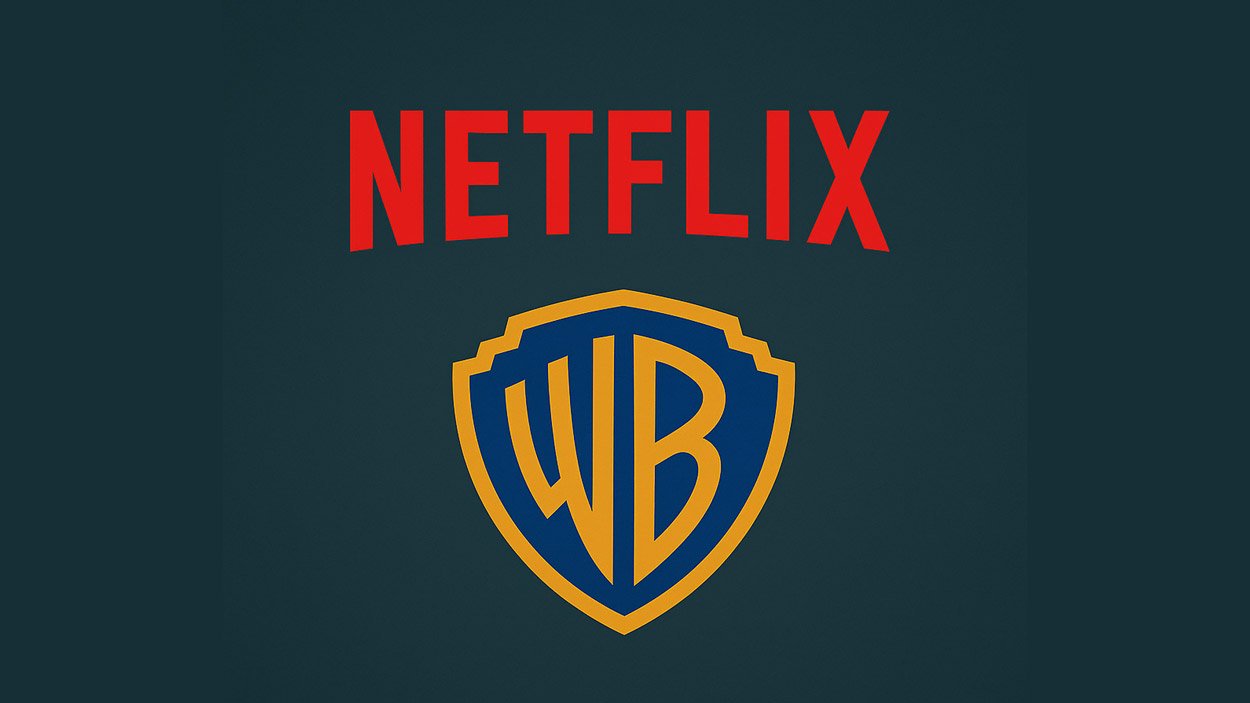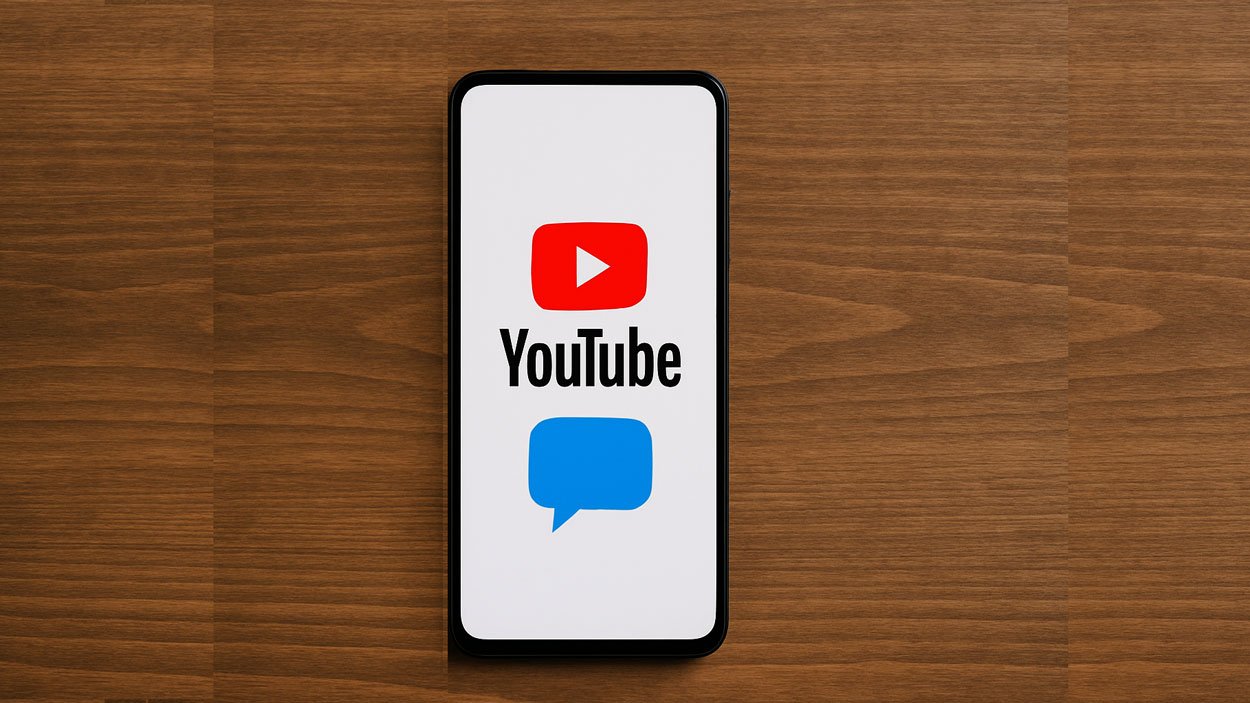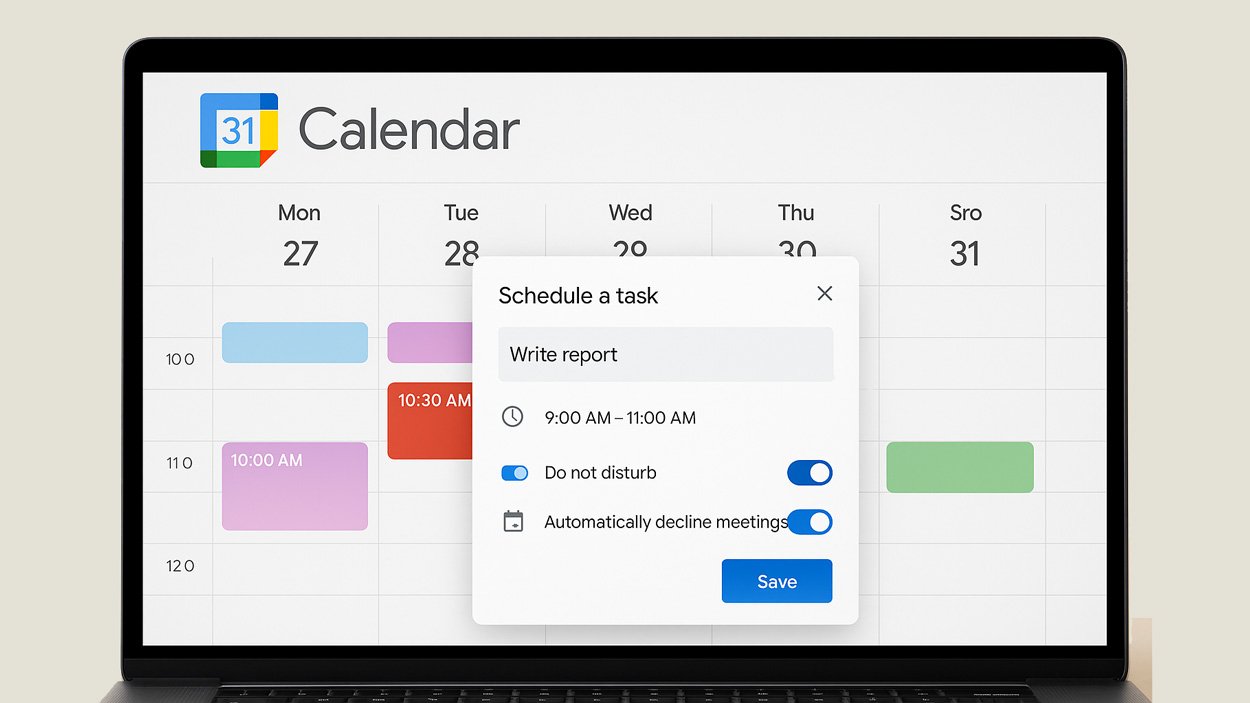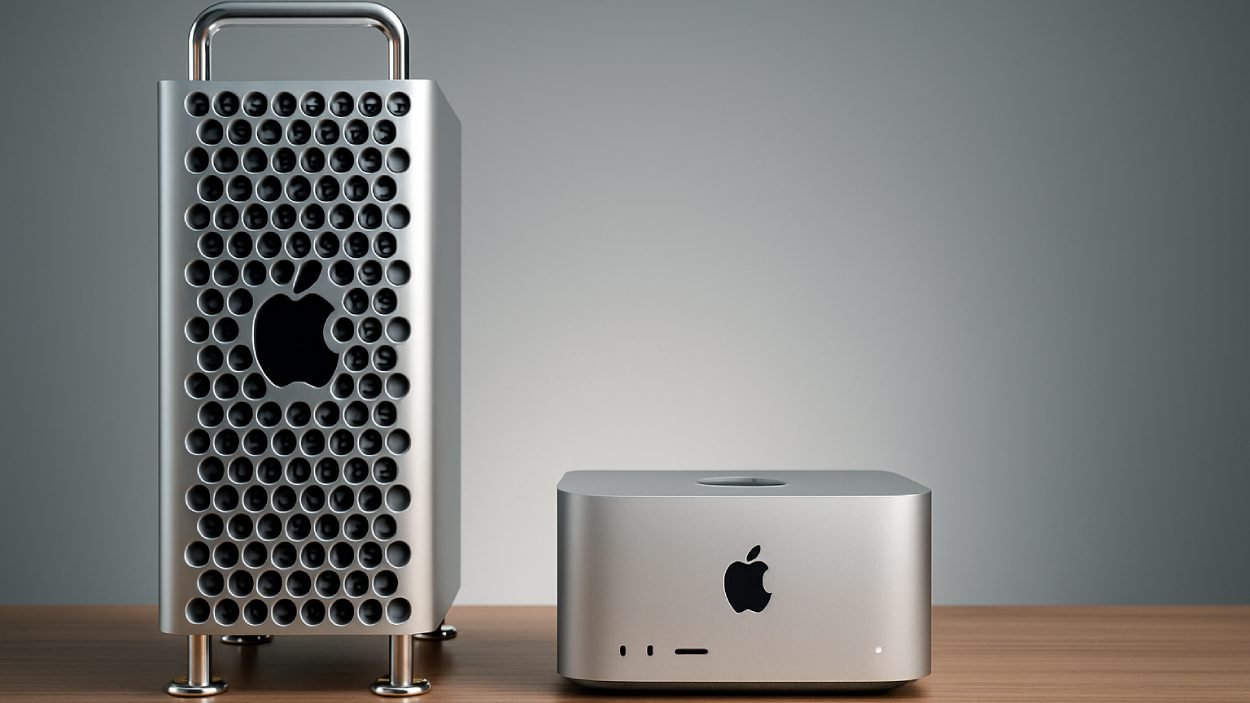Apple has reached a major agreement with Tencent that will finally allow the company to earn commissions from purchases made inside WeChat mini apps and mini games in China.
Quick Summary – TLDR:
- Apple will now collect a 15 percent commission on WeChat mini app and mini game purchases
- This ends a long running dispute over WeChat payments inside the iPhone ecosystem
- The deal gives developers a clear set of Apple software rules they must follow
- Analysts expect the agreement to generate billions of dollars in new revenue for Apple
What Happened?
Apple and Tencent have reached a new payment agreement that allows Apple to process purchases made inside WeChat mini apps and mini games. Under the deal, Apple will take a 15 percent commission, which is half of the App Store’s typical 30 percent rate. The two companies are expected to reveal more specifics soon, but the breakthrough already marks a major shift in how digital purchases work inside China’s most dominant app.
Apple and Tencent reached a deal that lets $AAPL process payments for WeChat mini games and apps in exchange for a 15% cut, half its usual in app fee.
— Wall St Engine (@wallstengine) November 13, 2025
The agreement closes long standing payment workarounds and gives Apple a new revenue stream in a segment that drove 32.3B yuan… pic.twitter.com/Wqo1PnKJX3
Why This Deal Matters?
WeChat is more than a social app in China. With over a billion users, it functions like a full digital world where people handle nearly every part of daily life. A large portion of Chinese iPhone users spend most of their time inside WeChat mini apps rather than using traditional App Store apps. Until now, many of those purchases did not generate any revenue for Apple because developers often pushed users to external payment platforms.
The new agreement changes that. Apple will now gain access to a huge flow of transactions that were previously outside its reach, while Tencent resolves a dispute that has lasted for years.
WeChat’s Dominance in China
WeChat controls an enormous share of how people use their phones in China. It is common for users to handle everything inside the platform, including:
- Sending messages
- Ordering food or groceries
- Booking taxis and flights
- Paying bills and managing finances
- Playing games
- Donating to charity
- Searching for entertainment or services
A major survey of more than one million Chinese iPhone users found that 95 percent would rather give up their iPhone than lose access to WeChat. That level of loyalty makes WeChat more influential in China than any traditional app store structure.
For Apple, that influence created a problem. WeChat mini apps were thriving, but the purchases inside them rarely delivered revenue back to Apple. This agreement finally changes that structure.
Details of the New Arrangement
According to the reports, the deal includes several important terms:
- Apple will apply a 15 percent commission to digital purchases inside WeChat mini apps and mini games.
- Developers must comply with specific Apple software requirements.
- Apple will handle payment processing instead of external systems.
- Tencent benefits from clarity on its standing with Apple and no longer needs to navigate a dispute over in app payments.
One requirement mentioned involves parental controls where developers share a child’s age range with Apple for safety features. The companies held talks for more than a year before reaching the final agreement.
A Potential Revenue Boom for Apple
While the rate is lower than Apple’s usual 30 percent commission, the scale of WeChat makes a 15 percent cut extremely valuable. Analysts expect this to become a billion dollar revenue stream. For Apple, which has been challenged by regulators worldwide over App Store fees, gaining a fresh source of income in the world’s largest smartphone market is a meaningful win.
Tencent, meanwhile, posted stronger than expected earnings on the same day reports of the deal surfaced, signaling a positive outlook for both sides.
Daily Research News Takeaway
I think this deal is a huge moment for Apple. Getting a slice of WeChat transactions is something the company has been chasing for years, and it finally happened. Even with a smaller commission rate, the sheer volume of WeChat activity makes this one of the most valuable agreements Apple has made in recent memory. It also shows how powerful WeChat is in shaping the entire smartphone experience in China. In my view, Apple absolutely needed this deal, and it could not afford to be left out of the ecosystem that most Chinese iPhone users treat like a second operating system.












